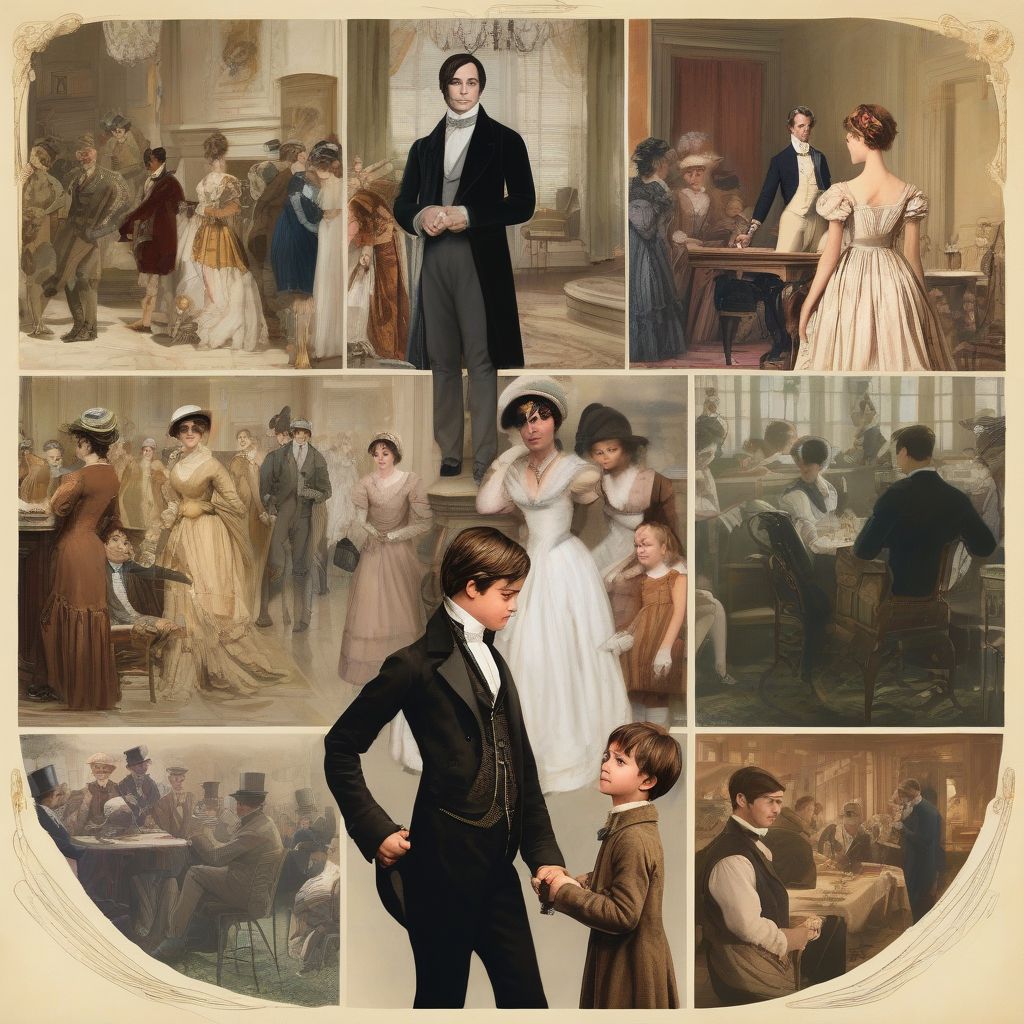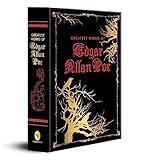Have you ever finished a classic novel and felt like you’d stepped into a different time, a different world? Classic literature isn’t just a collection of captivating stories; it’s a window into the hearts and minds of societies past. These literary works offer profound insights into the social and cultural values that shaped those times, reflecting the beliefs, anxieties, and aspirations of the people who lived them. Exploring these narratives helps us understand not only our history but also the evolution of human thought and behavior.
Unmasking Societal Norms Through Storytelling
Classic literature serves as a powerful mirror, reflecting the prevalent social norms and expectations of its time. Whether it’s the rigid class structures depicted in Jane Austen’s Pride and Prejudice or the exploration of gender roles in Charlotte Brontë’s Jane Eyre, these narratives unveil the unwritten rules that governed society. They often highlight the consequences of adhering to or defying these norms, offering a commentary on the social fabric of the era. For example, Pride and Prejudice showcases the importance of marriage for women in the 19th century, while Jane Eyre challenges traditional gender roles through its independent and outspoken protagonist.
Examining Power Dynamics and Social Structures
Classic literature also delves into the complex power dynamics and social hierarchies that shaped historical societies. Works like The Great Gatsby by F. Scott Fitzgerald expose the stark contrast between the wealthy elite and the struggling masses, offering a glimpse into the social inequalities that permeated the Roaring Twenties. Similarly, Charles Dickens’ Oliver Twist sheds light on the harsh realities of poverty and the plight of orphaned children in Victorian England. These narratives not only depict the social structures but also often critique them, prompting readers to question the status quo.
Cultural Values Embedded in Narrative
Beyond social norms, classic literature also reflects the core cultural values of a particular period. The epic poems of Homer, like The Iliad and The Odyssey, embody the ancient Greek values of honor, courage, and loyalty. Shakespeare’s plays explore universal themes of love, betrayal, and ambition, reflecting the Renaissance fascination with human nature and the complexities of the human condition. By examining these themes, we gain insights into the cultural beliefs and priorities that shaped artistic expression and societal ideals.
Religion, Morality, and the Human Condition
Classic literature often grapples with fundamental questions of religion, morality, and the human condition. Works like Crime and Punishment by Fyodor Dostoevsky delve into the psychological and moral consequences of sin and redemption, reflecting the prevailing religious and philosophical discourse of the time. Similarly, The Scarlet Letter by Nathaniel Hawthorne explores themes of sin, guilt, and social ostracism in Puritan society. These narratives provide a window into the moral landscape of their respective eras, revealing the values and beliefs that shaped individuals’ understanding of right and wrong.
The Evolution of Language and Thought
Classic literature also allows us to trace the evolution of language, thought, and literary styles. From the poetic language of Shakespeare to the stream-of-consciousness narratives of Virginia Woolf’s Mrs. Dalloway, we can observe how literary expression has changed over time. Analyzing these changes provides insights into the intellectual and cultural shifts that have shaped human communication and artistic creation.
Understanding the Past, Informing the Present
By studying classic literature, we gain a deeper understanding of the past, which in turn can inform our understanding of the present. These narratives offer valuable lessons about human nature, social dynamics, and the enduring power of storytelling. They can challenge our assumptions, broaden our perspectives, and inspire us to think critically about the world around us.
 Classic Literature Reflecting Social Values
Classic Literature Reflecting Social Values
Decoding Symbolism and Allegory
Often, classic literature employs symbolism and allegory to convey deeper meanings about social and cultural values. For instance, the green light in The Great Gatsby represents Gatsby’s unattainable dream, symbolizing the allure and illusion of the American Dream during the Jazz Age. Recognizing these symbolic elements allows us to uncover the nuanced social commentary embedded within the narrative.
The Impact of Historical Context
Understanding the historical context in which a classic work was written is crucial for interpreting its reflection of social and cultural values. The social and political climate, the prevailing philosophical ideas, and the historical events of the time all contribute to the themes and messages conveyed in the literature. For instance, understanding the context of the French Revolution enhances our appreciation of the themes of social upheaval and individual liberty in A Tale of Two Cities by Charles Dickens.
The Enduring Legacy of Classic Literature
Classic literature continues to resonate with readers today because it explores timeless themes that transcend specific historical periods. The struggles with identity, the pursuit of love and happiness, the challenges of morality, and the complexities of human relationships are themes that continue to hold relevance in contemporary society. By engaging with these timeless narratives, we gain valuable insights into the human experience and the enduring questions that have shaped human civilization.
Conclusion
Classic literature offers a profound window into the social and cultural values of past societies. From societal norms and power dynamics to cultural beliefs and the evolution of language, these literary works provide a rich tapestry of human experience. By studying these narratives, we can gain a deeper understanding of our history, our culture, and ourselves. What classic novel has resonated most with you, and what insights have you gained from its exploration of social and cultural values? Share your thoughts in the comments below!
- FINGERPRINT with FP logo
- The Iliad & the Odyssey (Deluxe Hardbound Edition)
- Brand: Generic
- Greatest Works of Edgar Allan Poe (Deluxe Hardbound Edition)
- Hardcover Book
- Mary Wollstonecraft Shelley (Author)











